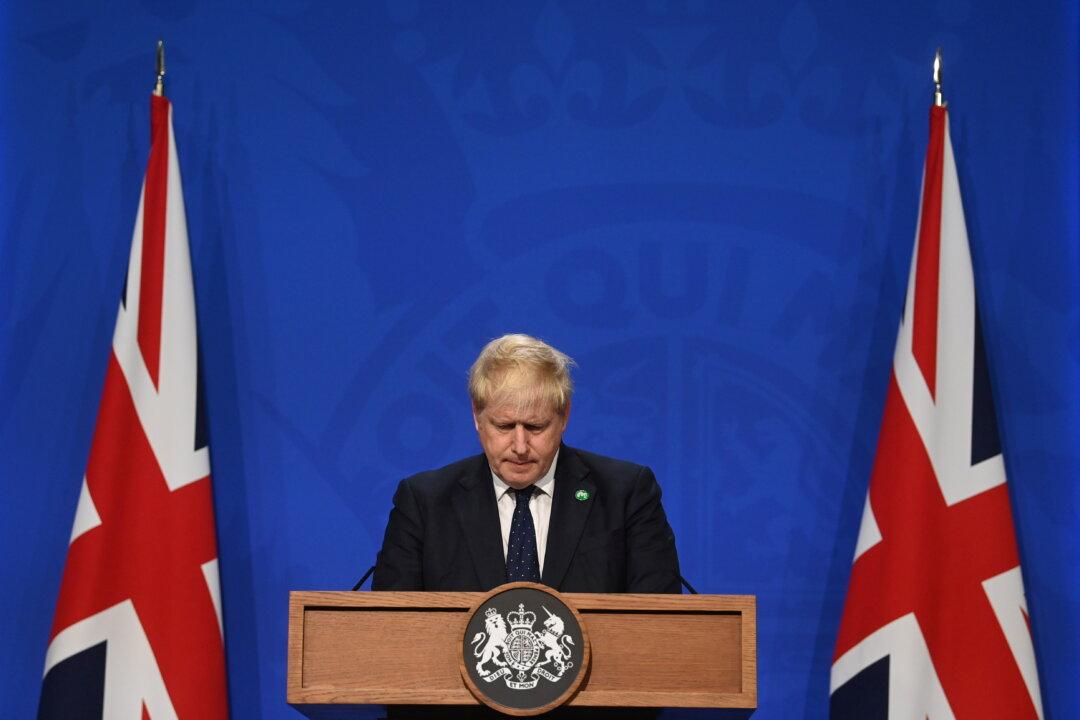UK Prime Minister Boris Johnson has secured Parliament’s backing for his manifesto-breaking tax hike, but the move has also led to some fundamental questions about what the Conservative Party stands for in today’s Britain.
On Wednesday, the House of Commons voted by 319 to 248 in favour of the 1.25 percentage point increase in national insurance contributions despite deep unhappiness among many Conservative MPs.





